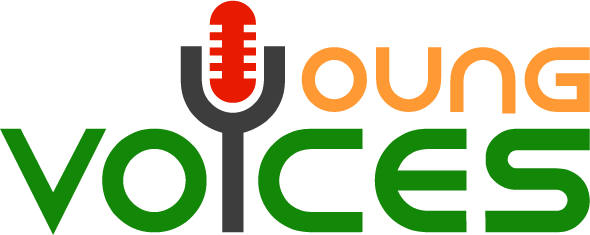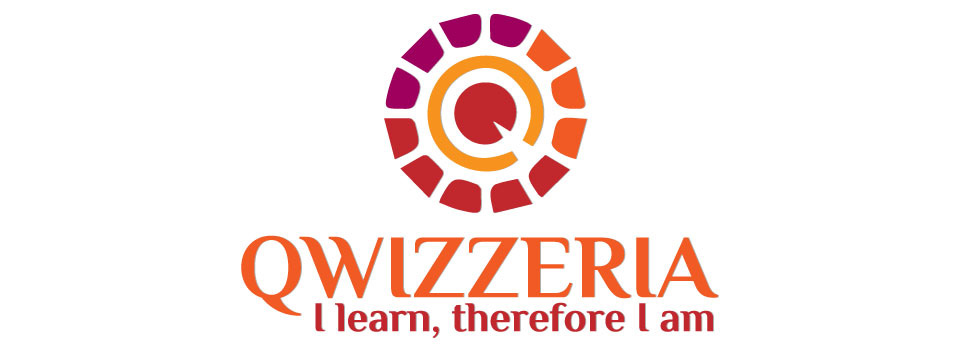How does one prepare for the French part of the Gymi prufung? Many students nail it in Math and German, but French remains the least favourite for many in the German speaking part of Switzerland. The lack of proper training in school, (with the focus being more on German and Math) students often look for coaching classes. Samvidha Srinath shares a few tips and tricks that one could use while preparing French Gymi Prüfung.
The Gymnasium entrance exam divides its French test into five parts: listening, grammar, and vocabulary, reading, and writing.
Listening
There are 15 statements wherein the information is either true, false or not given at all. Most students get the true and false part right, but the difficulty lies in understanding the fine distinction between information that is false or not given.
Tip: If a piece of information is false, the speaker will either say the opposite of what is written in the statement, or there will be a small change in information. If a piece of information is not given, the audio will either not mention the statement at all, or you hear a part of the information.
Example: The statement in the audio is: “Tu peux lire des articles des journaux sur le tablet” (“You can read newspaper articles on the tablet”) and the statement given on the sheet is “Le père de Jean-Pierre veut acheter un tablet” (Jean-Pierre’s father wants to buy a tablet); then clearly the answer should be “not given”, because you know about the function of the tablet, but you don’t know whether or not Jean-Pierre’s dad wants to buy a tablet for himself.
Grammar & Vocabulary
In this section, the tasks vary a little bit, but the first part is always the same. You need to fill in the blanks with the correct sentences. The examiners will also look at your spelling and check whether you are able to put the accents in the right place.
Tip: Learn all the rules and practice the grammar over and over again. Grammar will appear in different sections. You will know which form to use in the exam if you practice the grammar often. Another tip would be to look at the words before and after the blanks so you get an idea of how the rest of the sentence is structured. Try to look for indications that signal which tense you should use. Keep in mind that you are writing from the speaker’s point of view and not your own. The examiners want to see whether you are comfortable in using all sorts of forms.
Example: Hier, je __________ (aller) au cinéma avec mes amis. Hier = Yesterday, so it is clear that you need to use the passé composé and if necessary, make the verb agree with the gender and number of the pronoun.
Reading
In the reading part, you have a page-long text with some word clarifications below. The question types include two general questions that need to be answered in German, about three questions on whether the information is true, false, or not given. Then there are the multiple-choice questions.
Tip: Either only one answer is correct or two answers are correct. The best way would be to mark the important information and go back to the text to compare. Keep in mind that the words will never be the same as in the statement. There will either be synonyms or antonyms that confirm the statement. The more words and synonyms you know, the better. You don’t need to read the entire text to be able to answer the questions.
Example: “Quelles sont les caractéristiques des robots utilisés en médecine?” (What are the characteristics of robots used in medicine?) Write down the answer (you don’t need to write full sentences)
Writing
Tip: Read the task at least three times. The first time you will simply get an overview, the second time you will get an idea of what you have to write about, and the third time you see how you need to write it. If you have trouble writing the introduction, you can simply rewrite the given situation in a way that meets the criteria.
Example: If you need to write three sentences in the present tense, you can easily summarize the situation using your own words in three sentences. Again, you need to have a good command of grammar (focus on content rather than form) and a wide range of vocabulary.
Do try to use complex structures, relative clauses, and vocabulary as this will give you some points. At the same time, try to keep the message as short and crisp as possible and not write extremely long sentences – like I have written here now.
These were some tips that I use when I prepare for my language exams. Previously, I shared tips specific to the DALF C1. Hope that you can use these pointers effectively.
All the best.
Disclaimer: Opinions expressed belong solely to the content provider. Namaste Switzerland does not undertake any financial/reputational/legal/misrepresentational impact or other obligations/ liabilities that may arise from the content.












